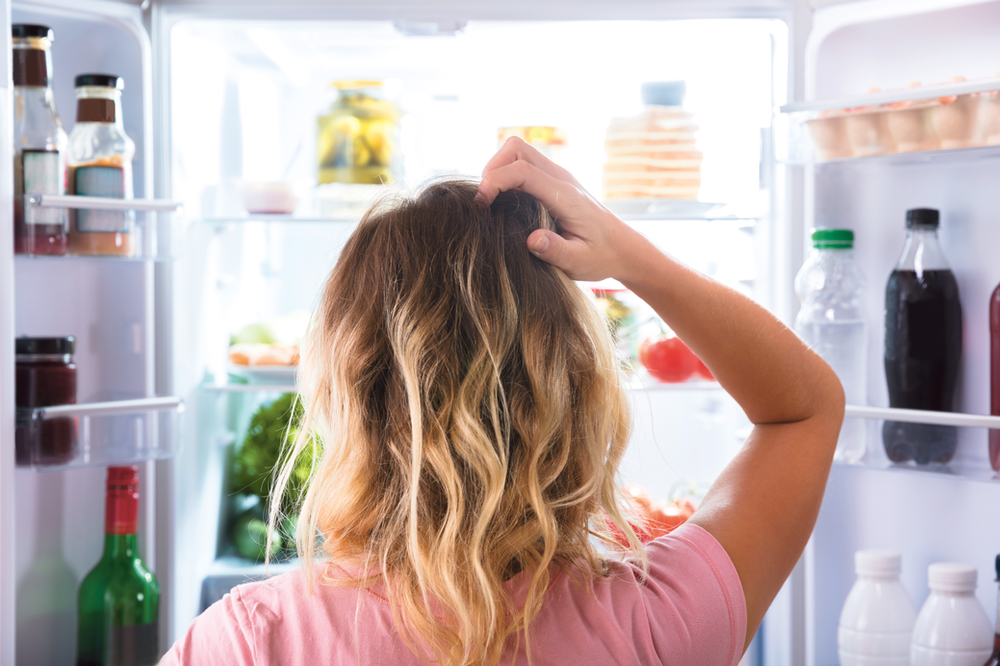Picture this. You have experienced painful periods since they first started. When you brought it up, it was normalised or you were told that nothing could be done. Over time, you started developing gut symptoms. You can’t remember when these started, but they seem to be getting worse. Your relationship with food may need a change.
Changing your diet
You’re sick of painful bloating and unpredictable bowel habits, so you seek help. After seeing your GP you’re diagnosed with irritable bowel syndrome (IBS) and told to try the low FODMAP diet. So you give it a go.
There are so many foods you have to avoid, and a lot of them are what you thought to be healthy. Doing the groceries and making meals has become incredibly overwhelming. But you notice a little relief from the bloating so you stick with it. Any relief feels worth it so you decide that it’s better not to re-introduce any foods, just in case.
There are downsides though. Eating out has become challenging. Sometimes you think that you haven’t eaten any high FODMAP foods, but you still seem to get symptoms. This starts to make you afraid of food.
Did you hear somewhere that histamine could be an issue? In search of more relief, you dive down the rabbit hole of other elimination diets to try.
A year later, symptoms are almost as bad as ever and now food is scary. You not only find eating out a challenge but eating at home is hard now too. You hate thinking about food, but you seem to be thinking about it all the time. You find socialising hard as it always seems to be done around food or alcohol.
At least food is something you can control when your symptoms feel entirely out of control.
Safe to say your relationship with food has taken a turn for the worse.
It’s only when you see a new GP and they mention the word “endometriosis” that you start the process of getting diagnosed. The more you learn about endo, the more it all starts to make sense.
You jump back online to look at what food you should be eating for endo and wind up feeling more confused and restricted than ever before. You can see the irony in the more you try to control your food, the more out of control you feel. You feel so stuck and don’t know how to make it better.
Sound familiar?
Although the details may differ and everyone’s story is unique, I have heard a similar story many times.
Painful periods & gut symptoms = delayed endo diagnosis = taking things into your own hands (understandably) = confusing and restrictive dietary advice online = fear around food
Of course, this isn’t the journey for everyone. Many people find immense relief from dietary change. Especially if they’re starting out with a great relationship with food, and are able to be flexible and tailor changes to their needs.
As the delay in diagnosing endometriosis improves, hopefully, we will see this story unfold less often. Sometimes it’s not knowing WHY you’re experiencing painful symptoms that leads to you seeking control in rigid dietary changes.
To healthcare providers and people with endometriosis alike, remember that how you FEEL about food matters just as much as WHAT food you’re eating.
Making dietary changes to find relief from symptoms SHOULDN’T mean you have to sacrifice your relationship with your food in the process.
See the blog post Finding Food Freedom with Endometriosis if you’re interested to learn how.
Written by:
Nadia Maxwell, non-diet dietitian and Certified Intuitive Eating Counsellor

